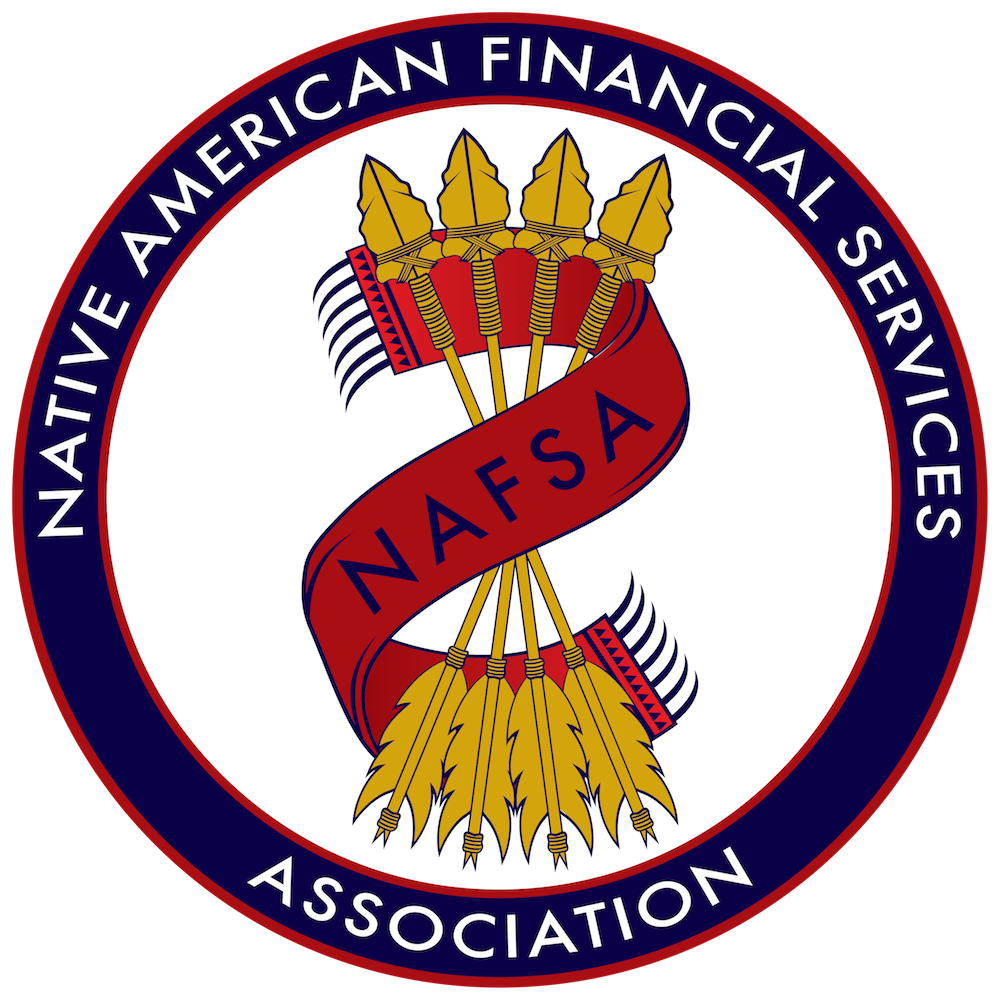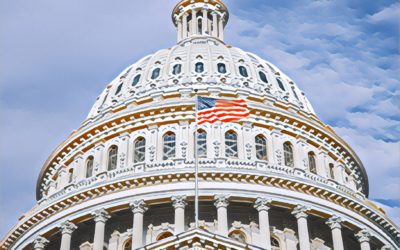The Latest Financial News
Stimulus Checks Helped Americans Pay Bills, Reduce Economic Anxiety, Analysis Shows
A new analysis of Census Bureau data revealed that government stimulus checks sent out during the coronavirus pandemic substantially aided Americans in paying basic bills, as well as in reducing economic anxiety. Researchers from the University of Michigan wrote in...
Walmart Adds to Financial Services Offerings with PayNearMe and Green Dot Partnerships
Last week, retail giant Walmart announced a new partnership with PayNearMe, a bill payment fintech, and bank technology company Green Dot to provide a way for customers to use cash for digital payments starting in August. The partnerships take Walmart one step further...
Senate Passes Eight Bipartisan Indian Affairs Bills
Last month, the U.S. Senate Committee on Indian Affairs passed eight bills to help promote Tribal economic development, as well as strengthen Tribal Self-Determination. The bills now head to the House for further consideration. Chairman of the Committee Senator Brian...
Why NAFSA?
There are more than 570 federally-recognized tribes in the United States, many of whom are spread across in diverse areas. This has left a need for other tribal economic development opportunities to create sustainability and jobs on Native American reservations.
Tribal Financial Services:
![]() Create jobs & economic development on tribal lands
Create jobs & economic development on tribal lands
![]() Increase the financial independence of tribes
Increase the financial independence of tribes
![]() Deploy sovereignty & bolster tribal self-determination
Deploy sovereignty & bolster tribal self-determination

The Impact of Tribal Financial Services
Coming from a history of staggering unemployment rates, limited opportunities, and lack of access to fundamental resources, Native American tribes began online lending businesses to create real change for the future. Internet commerce has been a vehicle for supporting economic growth, tribal services, and tribal development. These are their stories.
Our Mission
To advocate for tribal sovereignty, promote responsible financial services, and provide better economic opportunity in Indian Country for the benefit of tribal communities.




